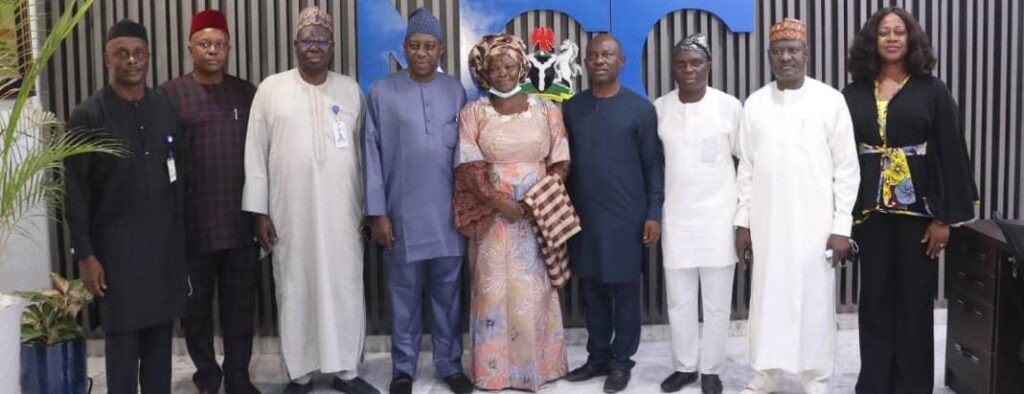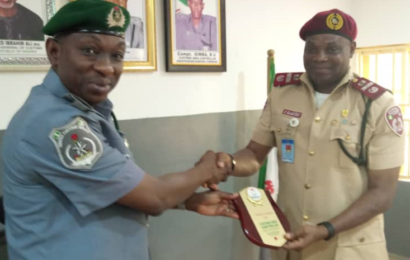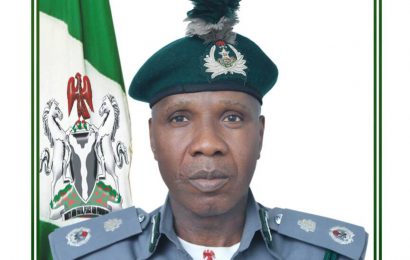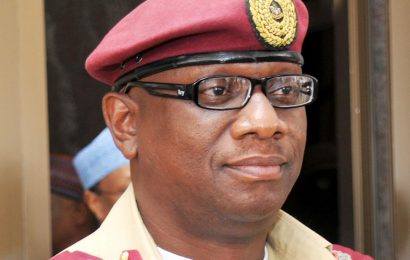
The Executive Vice Chairman and Chief Executive Officer (EVC/CEO) of the Nigerian Communications Commission (NCC), Prof. Umar Garba Danbatta has called for ingenious ways of collecting antiquities relevant to operations of various organizations in the country in order to preserve the relics that can bridge the knowledge gap needed for sustainable development of Nigeria.
Danbatta, who was represented by the Executive Commissioner, Stakeholders Management (ECSM), NCC, Barr. Adewolu Adeleke, made the call recently in Abuja when the Commission joined in the celebration of the 2021 international museum day with the theme, “the future of museums: recover and reimagine”.
While speaking on the theme, Danbatta said it appropriately captures the reason the commission established a special museum for the telecommunications industry in the country, as it is intended to bridge the historical knowledge gap in the evolution of communication as well as meeting the need for information by future generations.
”The NCC communications museum was established in November, 2006 for documentation of historical collections on the evolution of communications in Nigeria. Communication artifacts were identified in various locations across the Country where postal and telecommunication offices were established in order to retrieve relics for exhibition”.
Danbatta explained further that the museum should be seen as an important resourceful centre that can stimulate critical thinking and creative ideas for expanding the frontiers of knowledge and advancement of development in relevant sectors of the economy.
“Our museum is designed and reinvented to conserve the history of the Nigerian telecommunications industry and we see it as very important to collect, exhibit and preserve telecommunications items to enlighten and educate stakeholders on the evolution of communications with a view to nudging our minds towards critical thinking that will bring about new innovations to assist in building a better future for our industry and the nation.
“The NCC Museum plays valuable roles in supporting the Commission’s agenda by providing unique information resources to cater for historical needs of the future generations, while building capacity and stimulating innovations to assist in fashioning out a better future for the Nigerian communications industry,” Danbatta added.
Speaking further at the event, Danbatta said the NCC Museum Day is a demonstration of the Commission’s commitment to facilitating learning and collaboration with relevant Museum professional bodies, in order to conserve antiquities used to develop the industry, in the best possible manner for socio-economic impact of the nation.”
The Museum generally plays important roles in the society by conserving the past and helping to shape the future through providing needed insight into history, while educating future generations and equipping them with the requisite information and knowledge for sustainable development.
The Director General, National Commission for Museums and Monuments (NCMM), Prof. Abba Isa Tijani was represented at the event by the Assistant Director, Museums, Kilba Zainab Uche, who presented a brief on the ‘Role of m in the Digital Era’.






